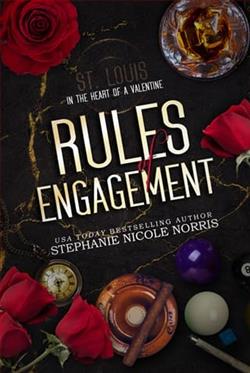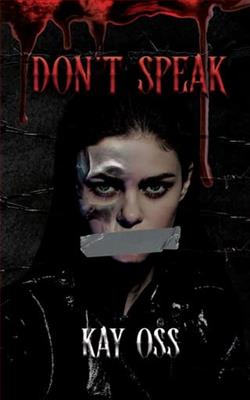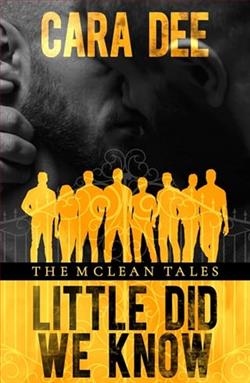Page 166 of Secrets Beneath the Waves
No matter how many times I rerun the scenario through my head, it always comes out the same, or even worse, with me losing Polina as well as William. No. Even I have to admit that as painful as the consequences are from that day, I made the right choice.
I let go of my shirt and let it drop back into place covering the scar, then force a smile before I unlock the bathroom door and step into the hallway.
Lizzie is standing there.
“There you are.” She pauses. “Are you okay?”
“Of course,” I say, forcing a grin. “It’s just been a long day. I’m about to head home.”
She follows me down the narrow hallway toward my office. “A few of us are planning to grab a bite to eat. Would you like to join us?”
I glance at my watch. “I think I’m going to head home. It’s been a long day.”
I note her frown, and I know it’s not the answer I should have given her. We’re a team, and I’ve made little effort to act like it over the last few weeks.
“Are you sure you’re okay?” she presses.
“Of course,” I say, trying to make up for dismissing yet another invite. “And I do appreciate it. Maybe this weekend.”
While I have the option to drive to my apartment building, most days I prefer to walk. I stroll down the sidewalk a few minutes later, avoiding eye contact like a typical Parisian, content to mind my own business. Lost in my own thoughts. I pass a café and am tempted to step inside and order something instead of eating at home, but I know I’m only trying to delay the inevitable. A dreaded evening alone in my apartment, which is ironic considering I just declined another invitation to be social.
A group of kids talking loudly walk past, pulling me out of my thoughts. So much for paying attention. I’m typically carefulto take different routes going home as well as different times, all in order to protect my cover. Not that I’m expecting a problem, but after William’s disappearance, I’ve started taking extra precautions. I even dyed my hair a couple shades darker and have taken to wearing glasses when I’m out.
Always blending in.
Never standing out.
But there is a legitimate concern to my fears.
I’d been able to give detailed descriptions to the authorities of the four men who attacked William. None of them have been identified, but I know they saw me. The assumption is that Polina was the target—a meet with an asset gone wrong—and with no viable leads, we may never find them. I’ve spent hours going through interview transcripts and information she gave us over the past six months. All the files regarding her husband and the work he was involved in, in an attempt to find a connection to the men. So far I still have nothing, and while it’s officially still a matter for the local police, William’s disappearance no longer seems like a priority for anyone.
I decide to try to shake my mood by walking a few more blocks and enjoy the sun before the temperature drops further with nightfall, hoping the fresh air will help clear my mind. I’m almost back to my apartment building when I see one of my neighbors sitting on a bench.
“Mr. Basile,” I say in French, smiling at the older man. “How are you?”
He’s holding a bouquet of tulips wrapped in paper. He smiles up at me and then pats the empty space next to him.
“I’m doing well,” he says. “And even better after running into you.”
“I haven’t seen you for a while,” I say, sitting down next to him, then nod at the flowers. “Is this a special occasion?”
“It is, actually. Today is Elise’s birthday,” he says. “She would have been eighty-three, but to me she is still just as young and as beautiful as the day I first met her.”
“They’re beautiful.”
“They were her favorite.” He sets the flowers in his lap, takes a moment to pull out a photo from his wallet, then hands it to me. “Have I shown you this?”
The photograph of a young woman is weathered and frayed at the corners.
“I’ve seen photos of her in your apartment, but not this one.”
He’s spoken of Elise many times. The high school sweetheart he’d married, then lost to a brain tumor almost two decades ago.
“I was sorting out a cabinet drawer and found some photos.” He pulls out a second photograph, just as weathered as the first. “This is Elise with our son. He was. . . I don’t know. . .seven or eight at the time. You’ve met him.”
“Christopher.” I nod. “Have you heard from him?”
“He’s a good man, but his mother’s birthday isn’t exactly marked on his calendar. That’s for old sentimental fools like me.”















